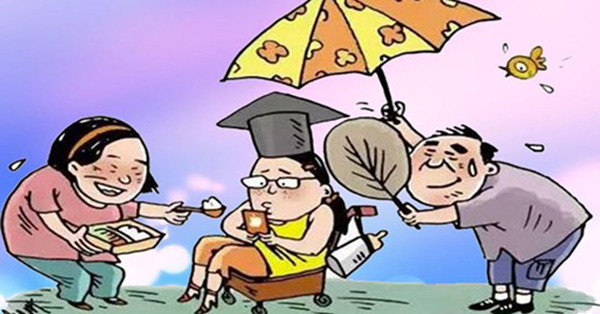People we know influence how we think and act when it comes to sex. To begin with, both friends and strangers affect our perceptions of a prospective partner’s attractiveness, consciously and unconsciously. These effects go beyond basic tendencies that men and women have to make judgments about appearance; for example, it has repeatedly been shown that men find women with low waist-to-hip ratios more attractive, and women value certain facial features in men. Until recently, most research on partner choice and assessments of attractiveness has focused on an individual’s independent preferences. However, there are good biological and social reasons to suppose that perceptions of attractiveness can spread from person to person.
The power of suggestion
An experiment suggests how. First, investigators took pictures of men who were rated equally attractive by a group of women. Then, they presented pairs of pictures of two equally attractive men to another group of women, but between each pair of pictures, they inserted a picture of a woman who was “looking” at one of the men. This woman was smiling or had a neutral facial expression. The female subjects were much more likely to judge a man to be more attractive than his competitor if the woman interposed between the photos was smiling at him than if she was not.
The attractiveness of attached men
In another study, a group of women again rated photographs of men for attractiveness. The photos were accompanied by short descriptions, and when the men were described as “married,” women’s ratings of them went up. In still another study, men in photographs with attractive female “girlfriends” were judged to be more attractive when the “girlfriend” was in the photo than when she was not. Having a plain “girlfriend,” however, did not enhance a man’s appeal as much. Astoundingly, women’s preferences for men who are already attached may vary according to where the women are in their menstrual cycles. When they are in the fertile phase of the cycle, they have a relative preference for men who are already attached to other women
This makes perfect sense from an evolutionary perspective. Copying the preferences of other women may be an efficient strategy for deciding who is a desirable man when there is a cost (in terms of time or energy) in making this assessment or when it is otherwise hard to decide. While a woman can, with a glance, assess for herself various attributes of a man that might be associated with his genetic fitness (his appearance, his height, his dancing ability), other traits related to his suitability as a reproductive partner (his parenting ability, his likelihood of being sweet to his kids) can require more time and effort to evaluate. In those cases, the assessment of another woman can be very helpful.
Men don't like competition over a woman
Perhaps not surprisingly, men react differently to social information. While they clearly have shared norms about what is attractive in a woman, contextual cues in men can actually operate in the opposite way. College-age women were more likely to rate a man as attractive if shown a photograph of him surrounded by four women than if shown a photograph of him alone. But college-age men were less likely to rate a woman as attractive if she was shown surrounded by four men than if she was shown alone.






